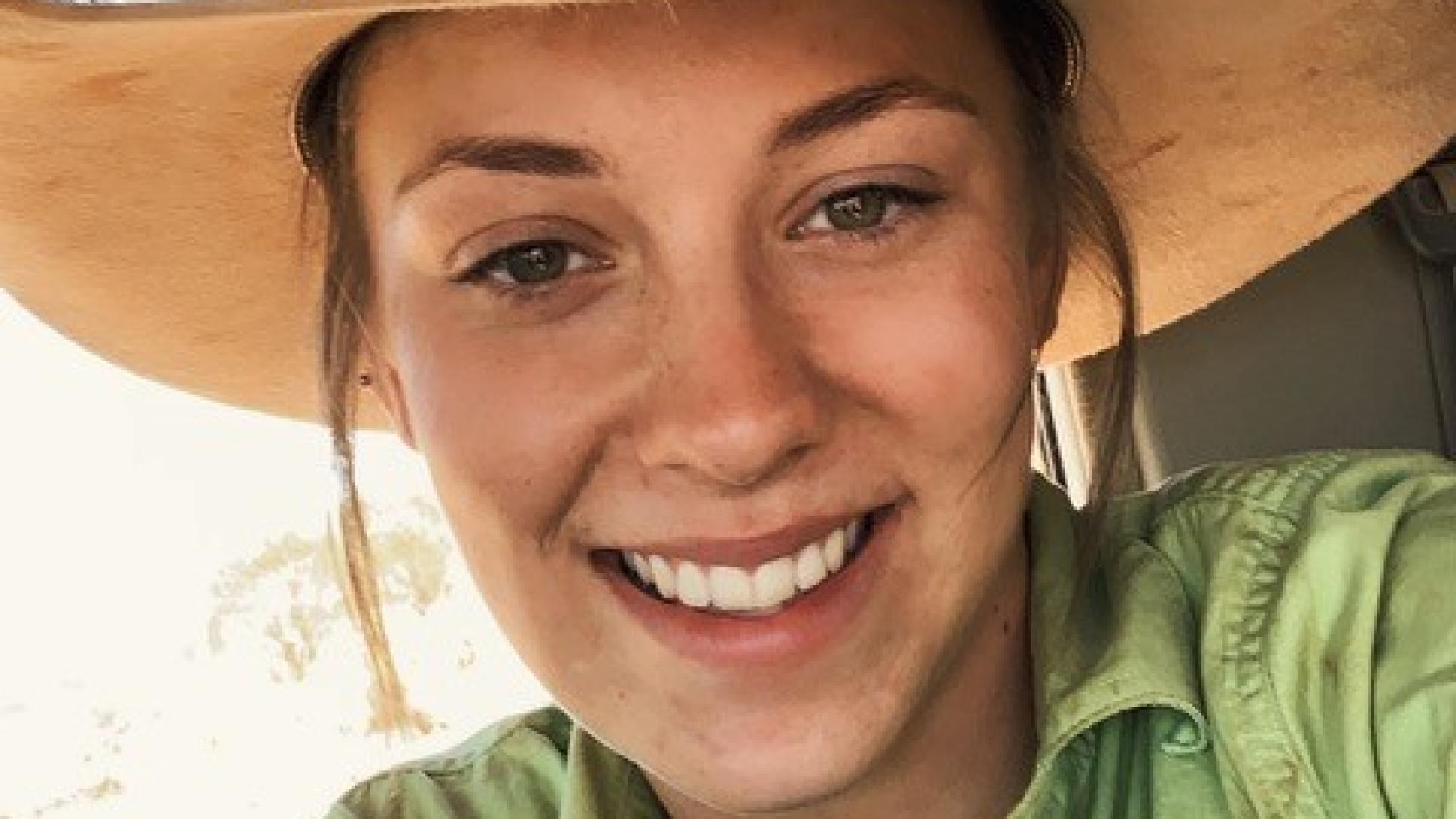Life for kids and teens on outback stations often plagued by drought is already tough, but social media has made it worse for some.
Key points:
- Remote youth are struggling with FOMO — fear of missing out
- They feel isolated when they see city kids posting on social media
- Flying headspace social worker Jack Pointon says education is key to helping rural kids
They often struggle with FOMO — fear of missing out.
On the dusty and dry North Well station in South Australia’s far north, 19-year-old station hand Jacqui Couzner musters cattle.
Throughout the day, she checks her phone for updates on social media platforms including Instagram, Facebook, Snapchat and Twitter.
Most of her friends live in Adelaide, a whopping seven-hour drive away.
“They probably go out a lot more than I probably would, so they’re out at pubs and taking photos about their good nights,” Ms Couzner said.
“Being up here, you probably miss out on a lot of those things that they get to do and catching up in general.
Ms Couzner said seeing her friends catching up and doing things she can’t is very isolating.
“You can keep in contact with people you haven’t seen for ages or won’t see, but then it also is bombarding you with all these posts with what people are doing and what you’re missing out on.”
Lack of remote connections
That feeling of isolation was also compounded by COVID-19 restrictions and the fact that the nearest young person is always so far away.
“There are a few [young people], but then again, the neighbouring station is more than a couple of hundred kilometres away and you can’t really catch up with them anyway if they are here,” Ms Couzner said.
She didn’t know of any social media groups for remote youth in her area.
“Just having a platform that everyone can access, talk and communicate with each other and organise events would be good.
“It would be a less stressful place to unwind and meet people and just have other people in the same sort of situation and you’d have something to be able to talk about.”
Remote FOMO a widespread issue
To help young people in remote South Australian communities with their mental health, headspace at Port Augusta has teamed with the Royal Flying Doctor Service (RFDS).
Port Augusta headspace social worker Jack Pointon boards an RFDS plane and flies across the hot rural landscape of SA every fortnight to help young people with their mental health and understanding of social media.
He said an issue that stood out in many of the remote communities he visited was how young people often compared their lives to what people in the city posted on social media.
“They go to school, they go home and then they jump on different types of social media apps and they see people from the city at the beach or at the movies,” Mr Pointon said.
“They get a lot of fear of missing out.
“We do a lot of social media presentations with the young kids in different settings and these presentations revolve around a lot around what the e-safety commission releases.”
Although Ms Couzner has not used the headspace service offered at her local clinic, but said it was good to know it’s there.
“We have been told we can access it through the RFDS whenever we need it and whenever they have it,” she said.




